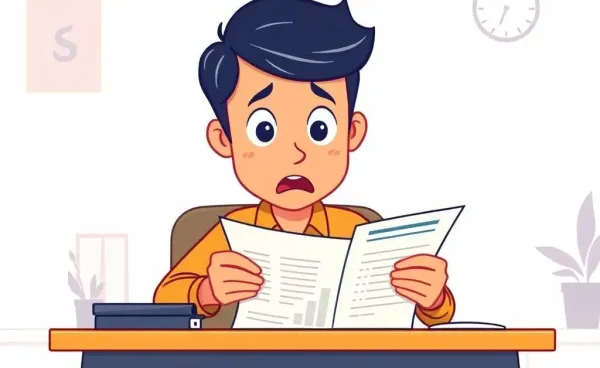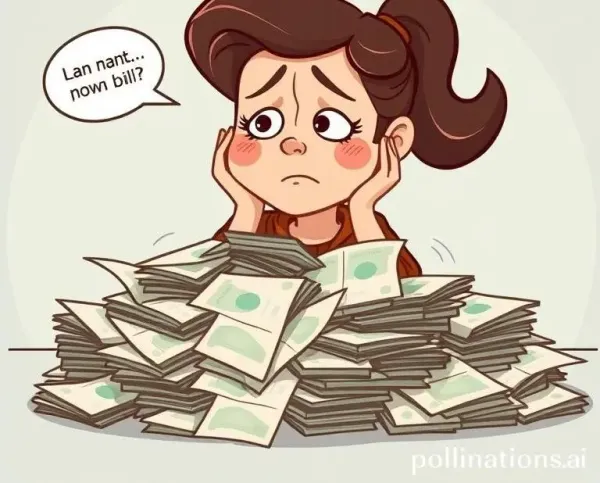Navigating the Intricacies of Today's Free Market Economy
Explore if the market is truly free when governments intervene.
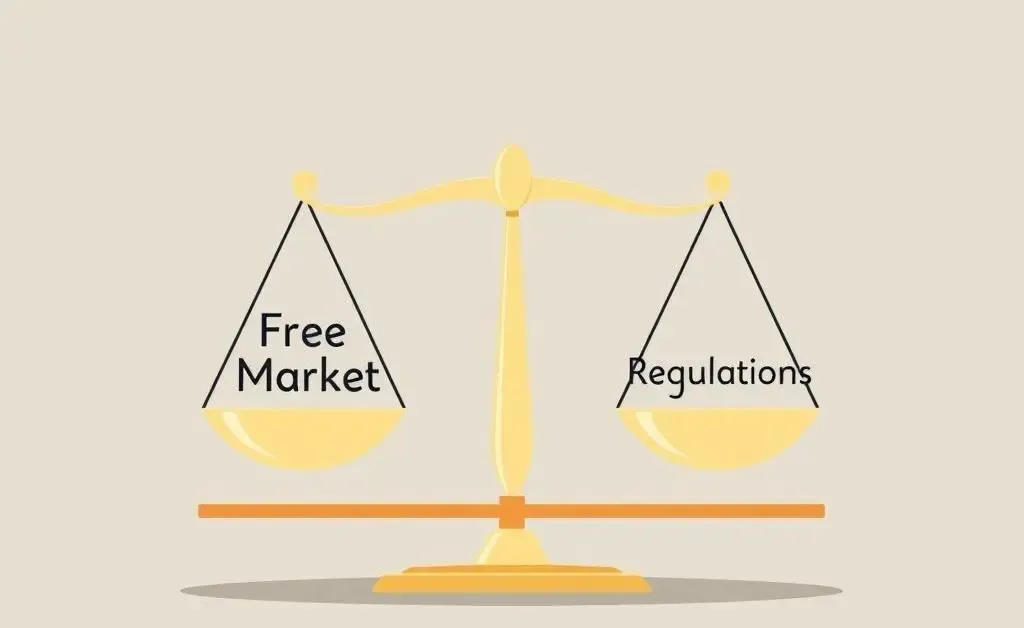
Have you ever wondered if our current economic system truly reflects a free market? It's a fascinating question that's worth delving into, especially given the complexities of government interventions and market dynamics.
What Defines a 'Free Market'?
At its core, a free market is an economic system where prices are determined by unrestricted competition between privately owned businesses. However, the reality often includes layers of regulations and policies designed to protect consumers, ensure fair trade, and maintain overall economic stability.
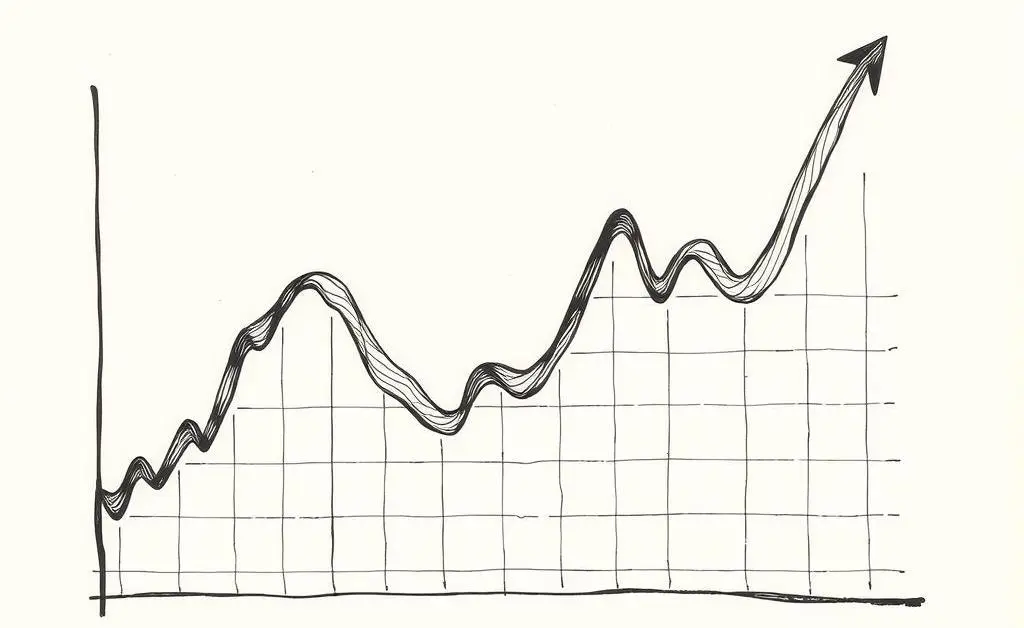
The Role of Government in a Free Market
Think of a free market as a bustling city, full of energy and potential, but without traffic lights or crosswalks, chaos could ensue. Governments play the role of the city's urban planner, instituting those 'lights' and 'crosswalks' to ensure everything runs smoothly. Without some regulation, monopolies might rise, and consumer rights might suffer.
Finding the Balance
- Monetary Policies: Central banks, like the Federal Reserve, adjust interest rates to either stimulate or cool down the economy.
- Fiscal Policies: Governmental fiscal policies, such as tax cuts or increased spending, aim to influence economic growth.
- Trade Regulations: Tariffs and trade rules help maintain fair competition and protect local industries.
For instance, imagine a local farmer faces challenges due to an influx of cheaper imported products. To level the playing field, the government might introduce tariffs on imported goods. While this can stabilize the local economy, it's a balancing act—you don't want to discourage healthy competition.
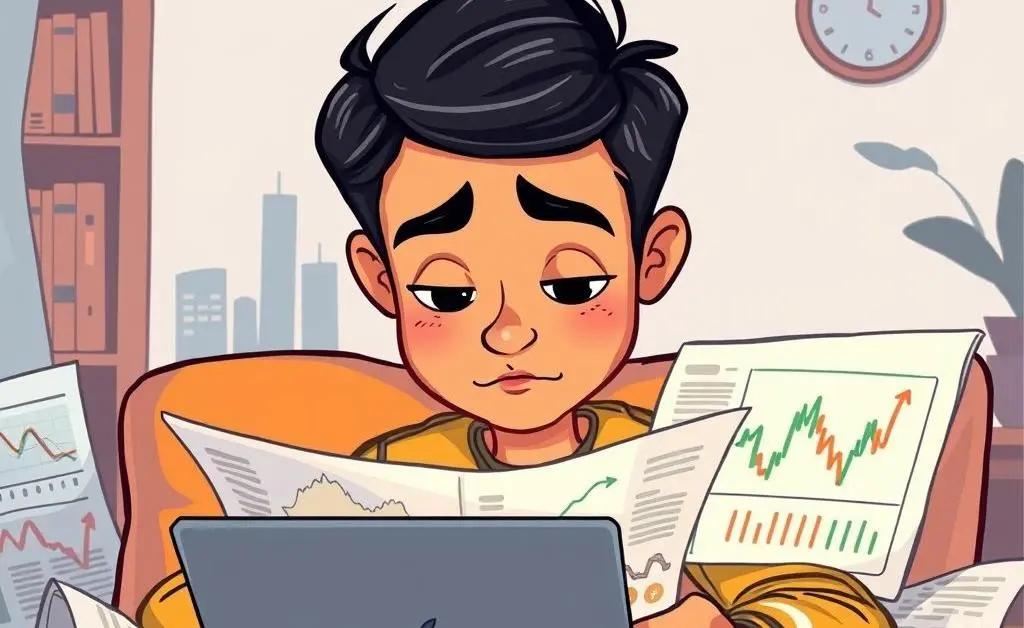
Is Total Freedom Realistic?
The age-old debate continues: should markets be free from intervention, or is some level of government oversight necessary? The answer likely lies in a balanced approach, addressing both the freedom needed for innovation and the protections required for fairness.

As we navigate these intricacies, it might be enlightening to consider: How do you see the ideal balance between a free market and government intervention? What factors influence your views?



